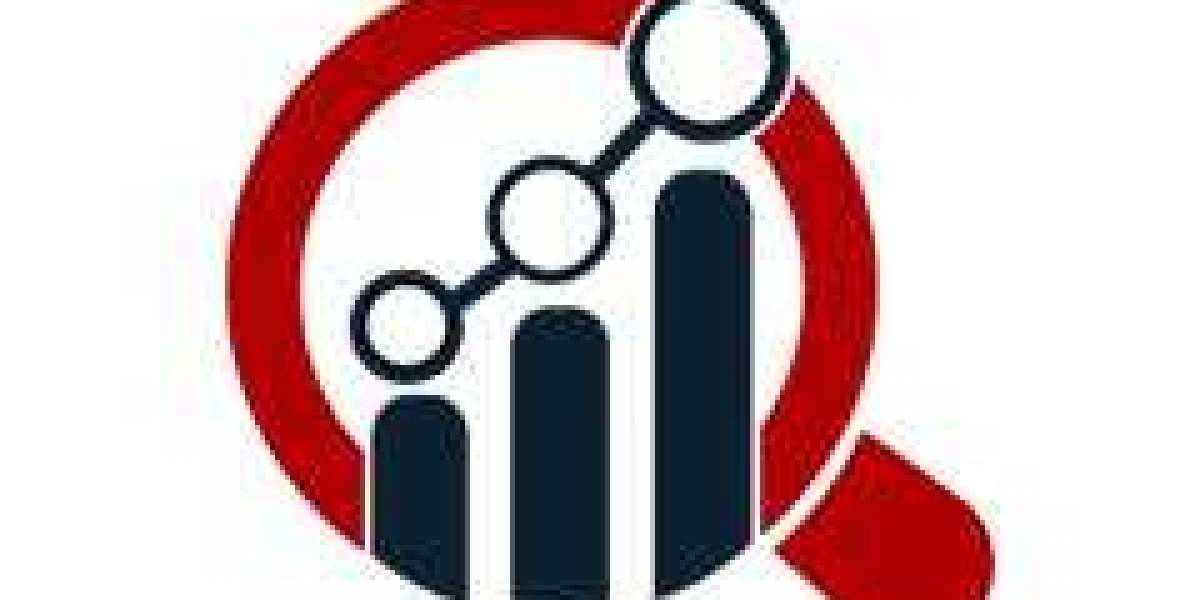Clinical Data Analytics: Transforming Healthcare through Insights
Clinical data analytics, the process of examining and interpreting healthcare-related data to extract meaningful insights, is rapidly transforming the healthcare landscape. By leveraging vast amounts of patient information, clinical data analytics is empowering healthcare professionals, researchers, and administrators to make more informed decisions, improve patient care, optimize operational efficiency, and drive medical discoveries.
The sheer volume of clinical data generated daily – from electronic health records (EHRs) and medical imaging to genomic sequences and wearable device data – presents both a challenge and a significant opportunity. Clinical data analytics provides the tools and techniques to sift through this data deluge, identify patterns, trends, and correlations that would be impossible to discern through traditional methods.
Key Applications Driving Healthcare Transformation:
Clinical data analytics is being applied across a wide spectrum of healthcare domains:
- Improved Patient Care: By analyzing patient histories, treatment responses, and outcomes, clinicians can gain deeper insights into disease progression, personalize treatment plans, and predict potential risks, leading to more effective and tailored care.
- Enhanced Diagnostics and Prognostics: Advanced analytics, including machine learning and artificial intelligence (AI), can analyze medical images, lab results, and other data to aid in earlier and more accurate diagnoses, as well as predict patient outcomes and disease trajectories.
- Optimized Operational Efficiency: Healthcare organizations are using clinical data analytics to streamline workflows, optimize resource allocation, reduce hospital readmissions, and improve overall operational efficiency, leading to cost savings and better patient flow.
- Drug Discovery and Development: Analyzing clinical trial data, real-world evidence, and genomic information can accelerate the identification of potential drug targets, optimize clinical trial design, and predict drug efficacy and safety.
- Public Health Management: Aggregated and anonymized clinical data can provide valuable insights into disease prevalence, trends, and risk factors at a population level, enabling public health agencies to develop targeted interventions and improve population health outcomes.
- Personalized Medicine: Integrating various data sources, including genomics, lifestyle factors, and clinical data, allows for a more comprehensive understanding of individual patient profiles, paving the way for truly personalized treatment approaches.
- Quality Improvement and Performance Measurement: Clinical data analytics enables healthcare organizations to track key performance indicators, identify areas for improvement in care delivery, and monitor the effectiveness of quality improvement initiatives.
- Fraud Detection and Prevention: Analyzing billing data and patient records can help identify patterns of fraudulent activity and reduce healthcare costs.
Key Technologies and Techniques in Clinical Data Analytics:
The power of clinical data analytics relies on a range of sophisticated technologies and analytical techniques:
- Electronic Health Records (EHRs): Serve as the primary source of structured and unstructured clinical data.
- Data Warehousing and Management: Essential for storing, organizing, and accessing large volumes of diverse clinical data.
- Statistical Analysis: Traditional statistical methods are used to identify significant relationships and trends in the data.
- Data Mining: Techniques for discovering hidden patterns and insights from large datasets.
- Machine Learning (ML): Algorithms that allow computers to learn from data without explicit programming, enabling predictive modeling and pattern recognition.
- Natural Language Processing (NLP): Used to extract meaningful information from unstructured text data, such as physician notes and discharge summaries.
- Data Visualization: Tools for presenting complex data in an easily understandable visual format, facilitating interpretation and communication of insights.
Challenges and Considerations:
Despite its immense potential, clinical data analytics also faces challenges:
- Data Privacy and Security: Ensuring the privacy and security of sensitive patient data is paramount and requires robust data governance frameworks and compliance with regulations like HIPAA and GDPR.
- Data Interoperability: The lack of seamless data exchange between different healthcare systems and EHRs can hinder comprehensive data analysis.
- Data Quality and Completeness: The accuracy and completeness of clinical data are crucial for generating reliable insights.
- Data Silos: Data often resides in isolated systems, making it difficult to integrate and analyze information from various sources.
- Ethical Considerations: The use of AI and predictive analytics raises ethical concerns related to bias, fairness, and transparency.
The information provided here is for general knowledge and informational purposes only and does not constitute professional 1 advice. Implementing clinical data analytics initiatives requires careful planning, robust infrastructure, and expertise in both healthcare and data science.








